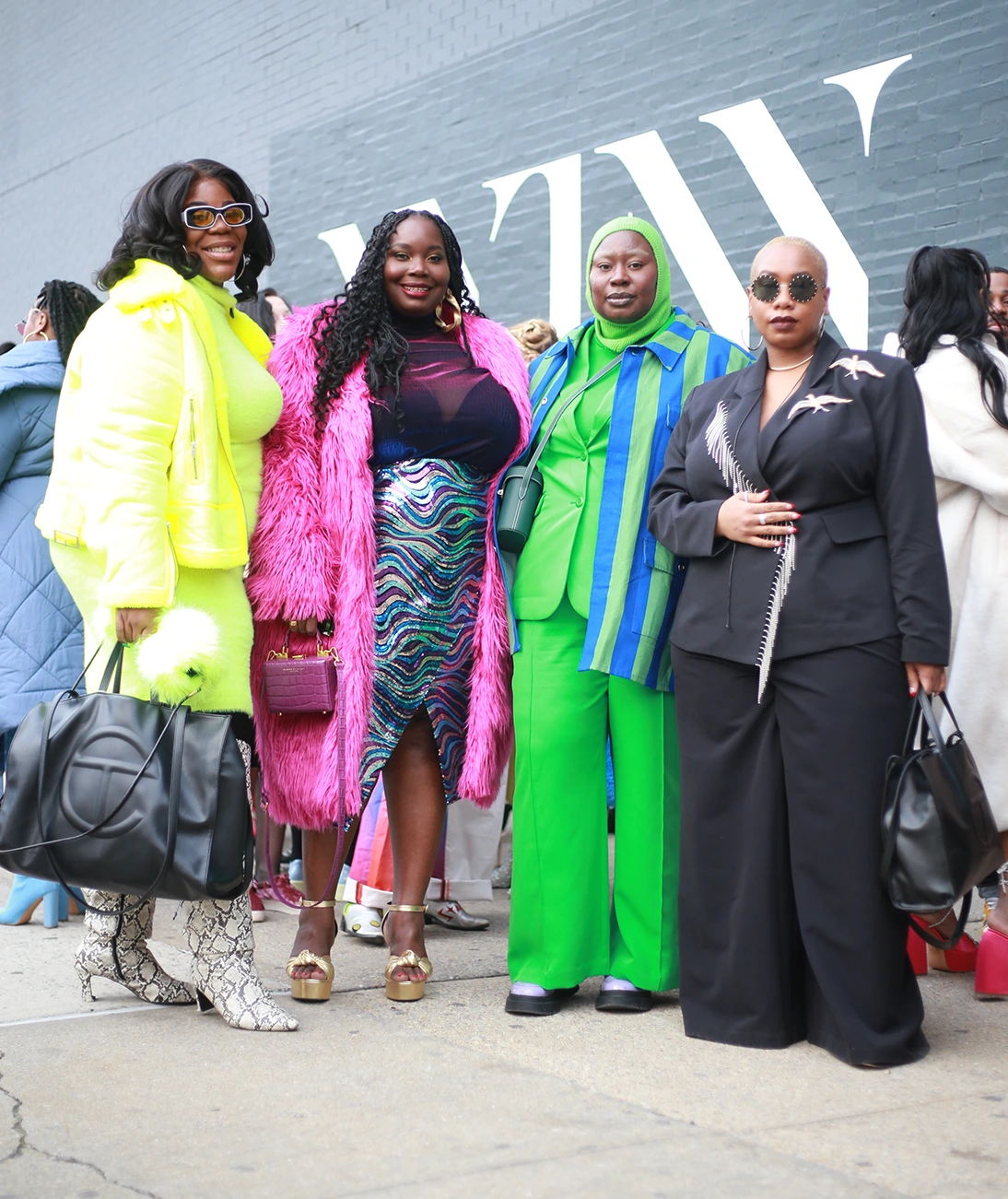I was reading my November issue of Essence and was intrigued by an article titled “The Other Big O.” The article investigated whether or not the BMI chart was accurate for African American women in determining obesity or is it only accurate for white women. So, I thought it would be a good topic to discuss here with you.
These are just excerpts from the article that really raised my eyebrows. Read on and let’s discuss.
Did you know that a BMI of 30 or higher puts you in the obese category and that 42% of black women are considered obese? Your BMI number is what doctors use to determine if you’re overweight or obese. More and more black women today are finding that they are falling into the obese category and are boggled as to why.
According to Essence- “The BMI is based on a calculation of your height and weight but not your ethnicity. And that has some researchers questioning both whether the cutoffs should be higher (meaning black women may be leaner than we think).”
Director of the Behavioral Medicine in Houston, Texas John Foreyt, Ph. D says, “BMI was developed to define obesity, primarily based on Caucasian populations, because at that time we didn’t have good data on racial and ethnic minorities.” According to Essence, Dr. Foreyt did a study in which they analyzed body fat composition with low dose x-rays (a standard way to check if someone is obese). They compared the results with the participants BMI . The result was that black women have 2 percent less body fat than Caucasian women of the same height and weight.
Dr. Foreyt goes on to say that a BMI of 30 is accurate for white women based when determining obesity, but, based on body fat a black woman is not obese until she reaches a BMI of 32. He further claims that the reasoning for this difference is that black women tend to have denser , heavier bones and muscles that increase their weight and BMI.
Along with Dr. Foreyt other physicians like Mahbubur Rahman, M.D., PH. D (OB GYN at the center for Interdisciplinary Research in women’s health at the University of Texas) believe that the ” value of the BMI should be race specific.”
When determining if someone is obese there are a number of things to take into account. You must look at body fat percentage, waist circumference, and where a person carries most of their weight. The BMI is a useful tool, but, these other factors should be included in determining whether or not a person is obese. Those that are obese will have other issues that come along with it, this can range from anxiety issues to physical health problems like narcolepsy which can be helped through narcolepsy treatment and other support. So if a person is classed as obese it is important that they are spoken to about other ways they may be affected so they can be aware and get the necessary help.
According to the article-
If you’re 5 feet 5 inches tall your healthy weight is 114-144 pounds which puts you into a BMI of 19-24. However if you’re the same height above and weigh 150 pounds you’re overweight and obese at 180 pounds. (sounds crazy right?)
If you want to calculate your BMI you can go to the National Heart and Lung Institute to find out if your BMI.
Do you think the BMI takes into account your natural body structure? Should there be different BMI’s for every race not just African Americans or Caucasians?
Talk to SC
For more on the article checkout Essence



I have to agree with this. I’ve always questioned the BMI chart and most medical associates have said the same thing in the past that the BMI chart is not an accurate indication of good health on a person. It was created in the 19th century where the overwhelming population in America was majority white. So the examples used for the scale was of white men and women. Not only that but it was created by a mathematician not a doctor.
If African American build and define more muscle based on genetic build (just look at your black athletes compared to their white counterparts) it’s obviously we’re capable of keeping off less body fat than our counterparts. It’s obvious the fittest black man or woman just based on visuals alone can be sought as having less body fat than the fittest white or non-black man or woman.
Also muscle is more dense than fat as well so since we’re capable of building more defined muscle then that can be of a factor as well. Also alot of these studies don’t even break the base of the actual findings. How come I see women saying how they’re relatives were thinner back then than now? Didn’t black women measured out to 84% in the weight statistics opposed to the 70% now but then again we’re supposedly getting fatter as a nation? Isn’t right. I think a lot of these studies based on race are a bit biased and obscured and most of them know it because they have the ability to tamper with statistics anyway they please.
Over the years I just didn’t think black women we’re fatter than everyone else, I see just as many if not more fat white women and non-black women than I do black women, so something isn’t right. Are they calculating our genetically large behinds as well? If so then that’s not accurate either.
It’s too late now because this “Black women are the fattest” criteria is embedded in everyone’s mind. This is the only statistic people don’t question and try to dissect based on the traditional negative stigma about weight.